Is Google the best way to shop online? I’m not buying it
Google’s sponsored Shopping service lets users down – we should demand better

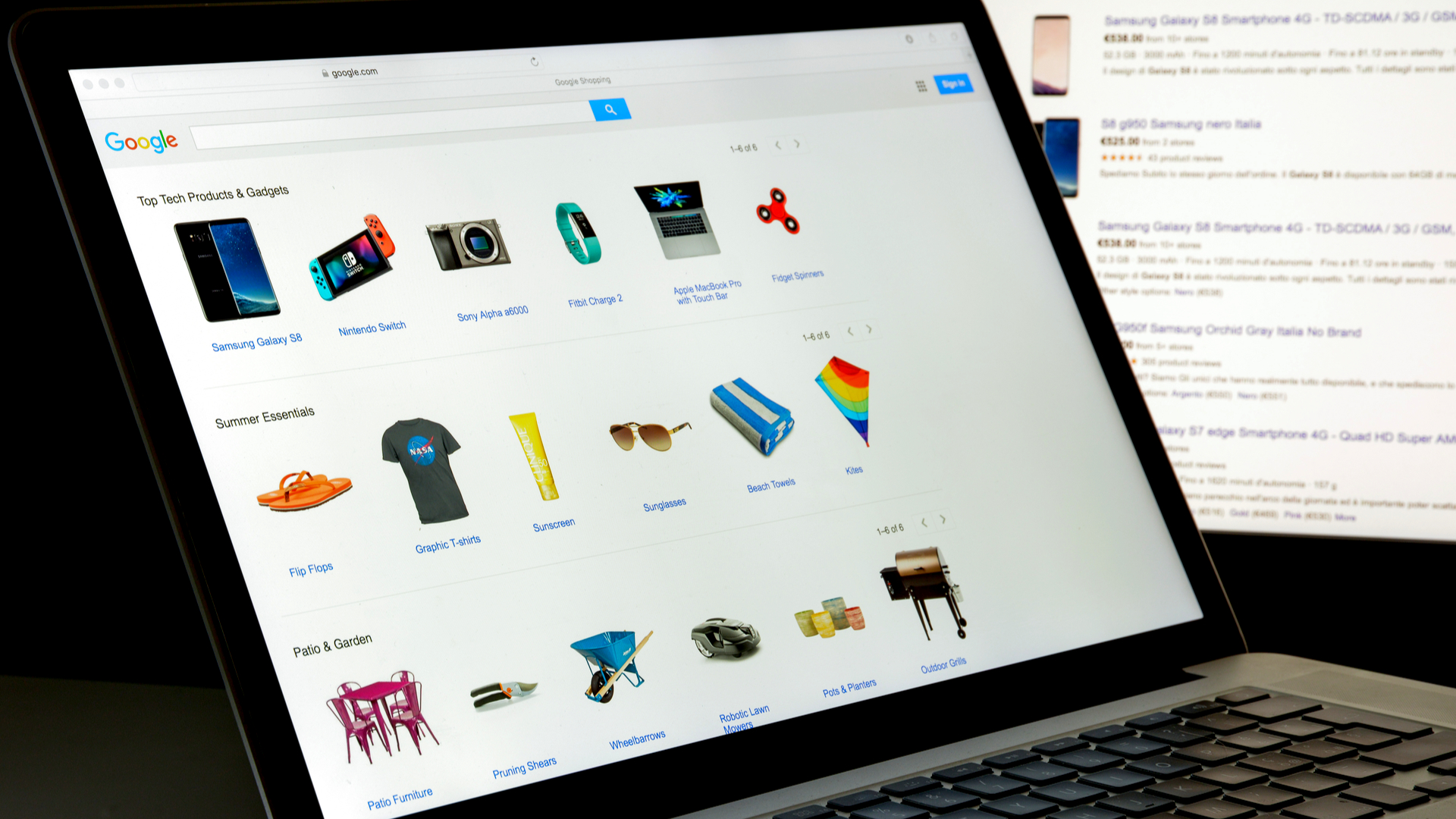
Sign up today and you will receive a free copy of our Future Focus 2025 report - the leading guidance on AI, cybersecurity and other IT challenges as per 700+ senior executives
You are now subscribed
Your newsletter sign-up was successful
I've spent the last few weeks bashing Google. Then, having dispensed my vitriol, I naturally went straight back to using it. Google Search has its detractors, but it's the one I know and the one that knows me. However loose my search terms, it somehow always manages to intuit what I'm looking for.
Except in one scenario, that is. You won't be amazed to learn that I do an increasing amount of shopping online not just for groceries and such, but for clothes, computer parts, musical instruments and all the other things that used to mean a trip into the West End. I miss the bustle of the high street, but I love the ability to compare prices much more widely: Tottenham Court Road's loss is very much the gain of retailers in Leeds or Berlin.
Unfortunately, this sort of bargain-hunting is where Google falls down. To be sure, it indexes more or less every shopping site on the web, including dozens of garden-shed businesses I'd never have otherwise heard of. Search for a specific item and it'll come back with an impressively long list of suppliers, with customer ratings, item specifications and more, all helpfully presented next to your search results.
Yet, somehow there's one very important bit of data it almost never seems show, and that's the price. Weird, huh? And this omission turns online shopping into much more of a chore than it needs to be.
Wait, you say. There's a Shopping link right at the top of the page that brings together all of that information, and lets you browse prices at a glance. That's true except for the rather important point that it only lists retailers who have paid for inclusion.
In switching away from the main search page, you've left behind the Google that aims to provide comprehensive, impartial information. Now you're in the hands of the online equivalent of the helpful chap in the bazaar who, out of the kindness of his heart, guides you to the one specific shop with the "very best prices".
What annoys me about this is that it's worse than what we had before. The old "Froogle" service (later rebranded as "Google Product Search") was launched more than 15 years ago, and for a decade it did a fine job of aggregating all the online deals that Google could find, without prejudice or favour.
Sign up today and you will receive a free copy of our Future Focus 2025 report - the leading guidance on AI, cybersecurity and other IT challenges as per 700+ senior executives
Then in 2012 the company decided to, shall we say, reorient its priorities, and here we are. In place of the old, useful service we now have a pay-to-play, exclusionary platform that betrays the free, open image that Google likes to project. The main search engine has probably suffered, too: I suspect the company might try a bit harder to include prices in search results if it didn't have an incentive to drive people elsewhere.
What sort of shopping experience might we be enjoying today if the company had chosen to go the other way and embrace the full potential of an intelligent shopping aggregator? I can see it now: I'd be able to search for "girl's duffle coat, red, 3-4 years" and find a hundred options to browse through, along with photos, prices, reviews and "buy it now" links. The most frustrating thing? You just know that Google already has all the data and resources required to make that happen if it wanted to.
Dream on, you're probably thinking. Google knows its own business, and the fact that it's stuck with paid listings for so long tells you all you need to know. If it started providing independent shopping information for free, it would destroy that revenue stream, and undermine its search-based AdWords profits into the bargain.
You might be right. Yet I have to believe that, on some level, the decision-makers at these huge tech companies do want to improve our lives, at the same time as getting filthy rich. If they didn't, they'd have gone into banking or petrochemicals instead. You can't tell me that every move Google makes is backed up by careful financial analysis; sometimes it's blatantly obvious that a decision has been pushed through purely because a product manager thought it was cool, and to hell with the balance sheet.
Or, maybe it's not about changing the world. Maybe it's just about fair dealing. Google might have stepped back from its "don't be evil" mantra, but parent company Alphabet Inc still exhorts its employees to act honourably and "do the right thing". When we're talking about a company that's made billions of dollars out of us, couldn't that mean exercising some of those enormous resources to help us save a few quid for ourselves?
Even in cold capitalist terms, Google hobbling its own online shopping feature is surely a risky move, because it creates an opportunity for some scrappy young rival to step up and plug the gap.
It turns out, Bing Shopping already exists who knew? and is currently based on the same sponsored model as Google Shopping. But Microsoft hasn't been shy about investing in its engine, and it has everything to gain by evolving it into the sort of open, consumer-oriented service that Google has chosen to deny us.
Google should be scared of that possibility. This isn't a company that can take its continued market share for granted. Give people a reason to try Bing and plenty will stick with it, if only through inertia. I'm not talking about your random bloggers and bots either, but the most valuable type of surfer there is: the one who opens up their laptop with credit card in hand, looking to spend money online. If Google won't help us find bargains, it has no-one else to blame if we end up shopping around for a new search engine.
Darien began his IT career in the 1990s as a systems engineer, later becoming an IT project manager. His formative experiences included upgrading a major multinational from token-ring networking to Ethernet, and migrating a travelling sales force from Windows 3.1 to Windows 95.
He subsequently spent some years acting as a one-man IT department for a small publishing company, before moving into journalism himself. He is now a regular contributor to IT Pro, specialising in networking and security, and serves as associate editor of PC Pro magazine with particular responsibility for business reviews and features.
You can email Darien at darien@pcpro.co.uk, or follow him on Twitter at @dariengs.
-
 Mistral CEO Arthur Mensch thinks 50% of SaaS solutions could be supplanted by AI
Mistral CEO Arthur Mensch thinks 50% of SaaS solutions could be supplanted by AINews Mensch’s comments come amidst rising concerns about the impact of AI on traditional software
-
 Westcon-Comstor and UiPath forge closer ties in EU growth drive
Westcon-Comstor and UiPath forge closer ties in EU growth driveNews The duo have announced a new pan-European distribution deal to drive services-led AI automation growth
-
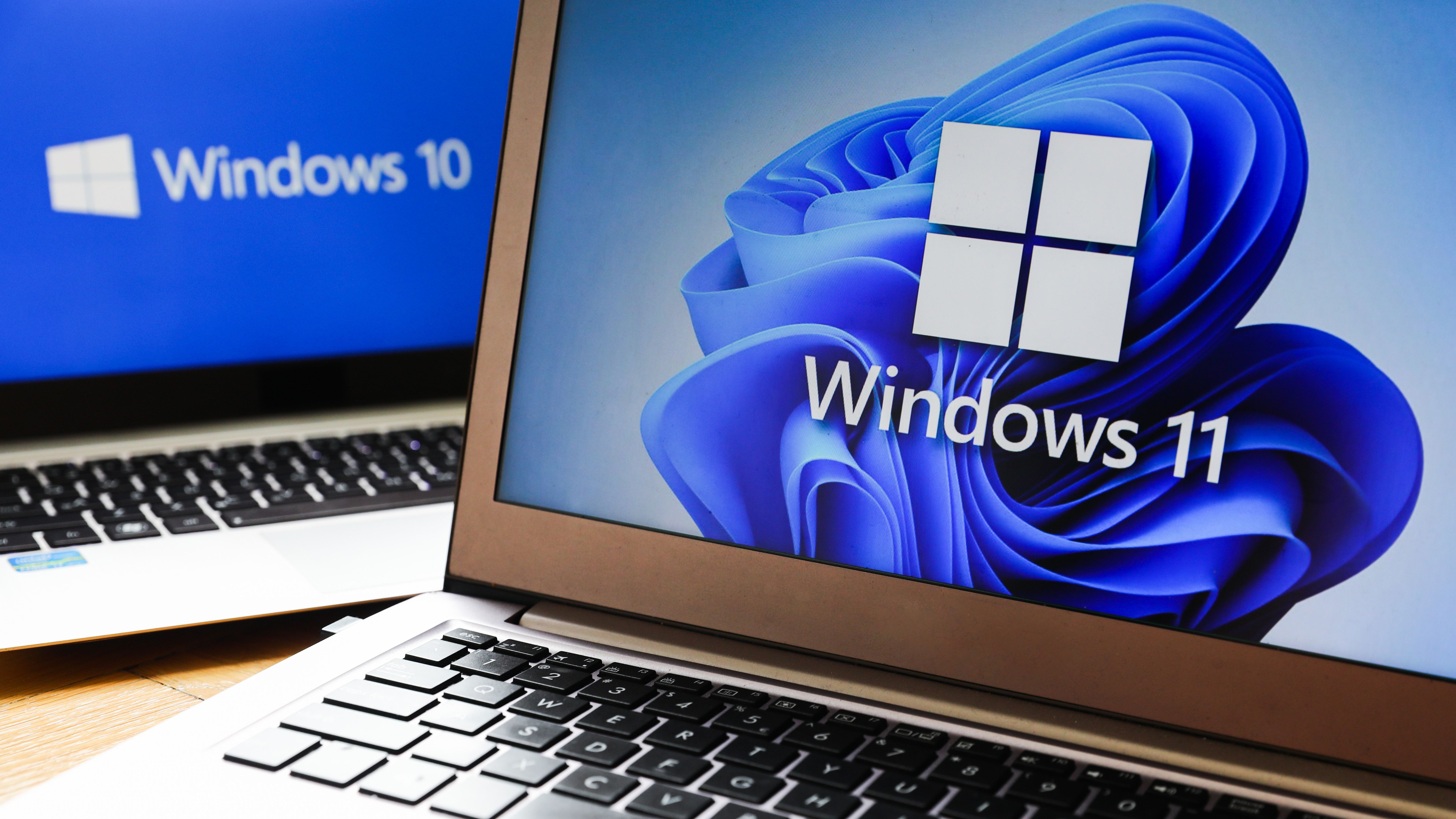 Microsoft has been caught testing ads in the Windows 11 File Explorer
Microsoft has been caught testing ads in the Windows 11 File ExplorerNews Windows users threaten to make the switch to Linux after an Insider flagged new adverts in File Explorer
-
 Microsoft to roll out Windows 11 improvements next month
Microsoft to roll out Windows 11 improvements next monthNews Android on Windows public preview and task bar enhancements predate major release later in year
-
 Windows 11 rollout begins as industry predicts slow business uptake
Windows 11 rollout begins as industry predicts slow business uptakeNews Microsoft's long-awaited OS refresh is here, but analysts expect many will wait until next year to upgrade
-
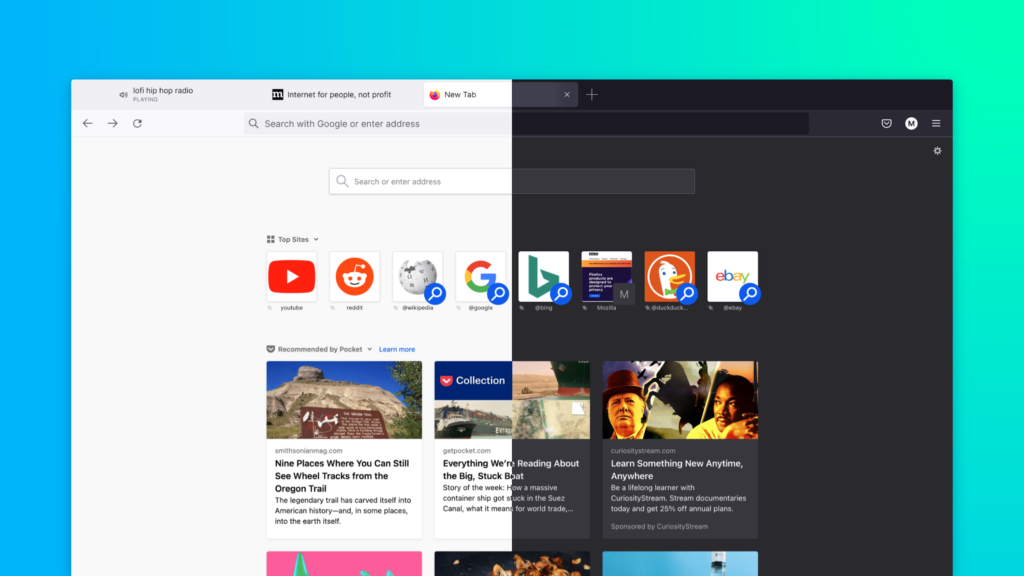 Mozilla modernises Firefox UI with design overhaul, privacy protections
Mozilla modernises Firefox UI with design overhaul, privacy protectionsNews Developers claim the refreshed browser is cleaner, more intuitive, and responsive to users' browsing habits
-
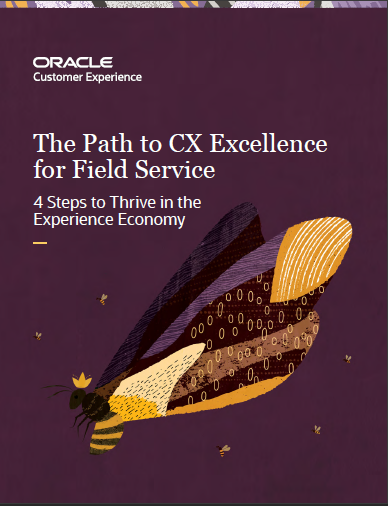 The path to CX excellence
The path to CX excellenceWhitepaper Four stages to thrive in the experience economy
-
 Microsoft hints at “sweeping visual rejuvenation” of Windows
Microsoft hints at “sweeping visual rejuvenation” of WindowsNews The company is also said to be working on a new Outlook app to replace the built-in Mail and Calendar apps on Windows 10
-
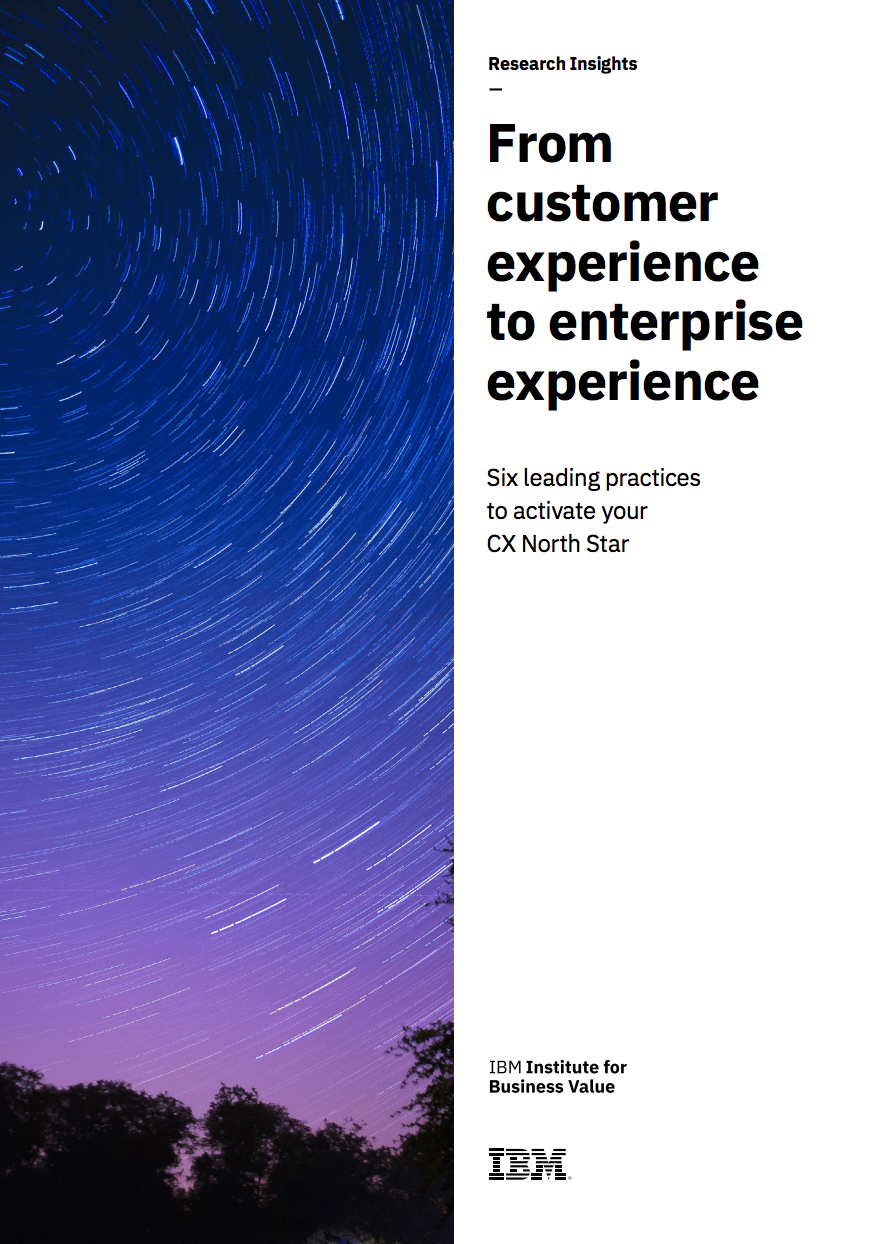 From customer experience to enterprise experience
From customer experience to enterprise experienceWhitepaper Six leading steps to activate your CX North Star
-
 Take command of your computer with a command line interface
Take command of your computer with a command line interfaceIn-depth A CLI might not look as good as a GUI, but it can pack a punch
